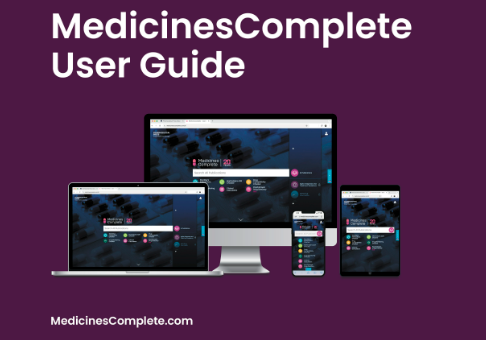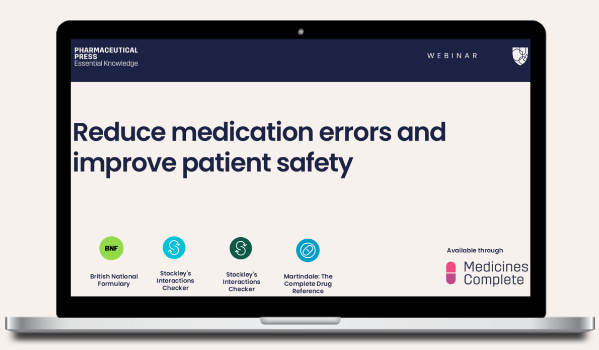Extended stability data can inform greener, more efficient, more patient-centric healthcare services

Extended stability data can inform greener, more efficient, more patient-centric healthcare services
Parenteral medications have become ubiquitous in recent years, but their standard 24-hour expiration period can make them challenging to integrate into routine care. It can contribute to medication waste and shortages, drive up healthcare costs, and, by hindering pharmacists’ ability to compound the products in advance, impede the delivery of timely treatment.
Regulators the world over require drug developers to state a time frame over which their product has been proven to be safe and effective despite exposure to environmental factors such as temperature, humidity, and light.
For parenteral medicines, this tends to be 24 hours post-admixture, yet the data cited on Summaries of Product Characteristics are not based on long-term testing. As such, they tell us little of the agent’s potential for long-term stability. Repeated expanded stability studies have shown that the majority of these medicines neither lose efficacy or gain toxicity outside of this short shelf life. It means that sticking to the arbitrary expiration period can be wasteful, costly, and detrimental to seamless patient care.
Reducing waste, reducing costs
Medication waste costs the NHS an estimated £300m a year1 – a significant amount of money in the light of current budgetary restraints. It’s a problem that can divert resources away from patient care, contribute to medication shortages, and threaten the sector’s green credentials as the health service gears up to hit net zero by 2040.2
Where their stability can be demonstrated, parenteral drugs, which currently account for a large proportion of products on the medication shortage list,3 can be administered after the standard 24-hour expiry date. While this will not solve the problem of pharmaceutical waste alone, it can save precious, expensive resources from the clinical waste bin, and instead put them to work improving people’s lives.
Streamlining patient care
Extending the expiry of parenteral medications beyond 24 hours can also have important benefits for patient care. It can, for example, enable pharmacy professionals to prepare parenteral medications ahead of time to ensure the right medicine is available to the right person at the right time.
Extending the expiry of some parenteral antibiotics so patients can take the medication home with them, for example, can reduce the need for frequent trips to clinic after discharge.4 In oncology, where many people now receive chemotherapy as an outpatient at a specialist centre, it allows pharmacies and nurses to optimise their treatment schedules.5
In short, so-called ‘beyond the date’ prescribing gives clinical teams ready access to medications, allowing them to care for more patients at once, and reduce treatment waiting times.
Guiding better decisions
Evidence-based extended stability data details the stability profiles of individual drug products after their labelled expiration date. Based on extensive research and carried out according to internationally recommended protocols, it provides health professionals, pharmacists, and medical information pharmacists with the information they need to guide and make informed decisions around how and when to extend expiry.
Ultimately, it is a vital tool in reducing waste, optimising care pathways, and building greener, more efficient services across the NHS.












